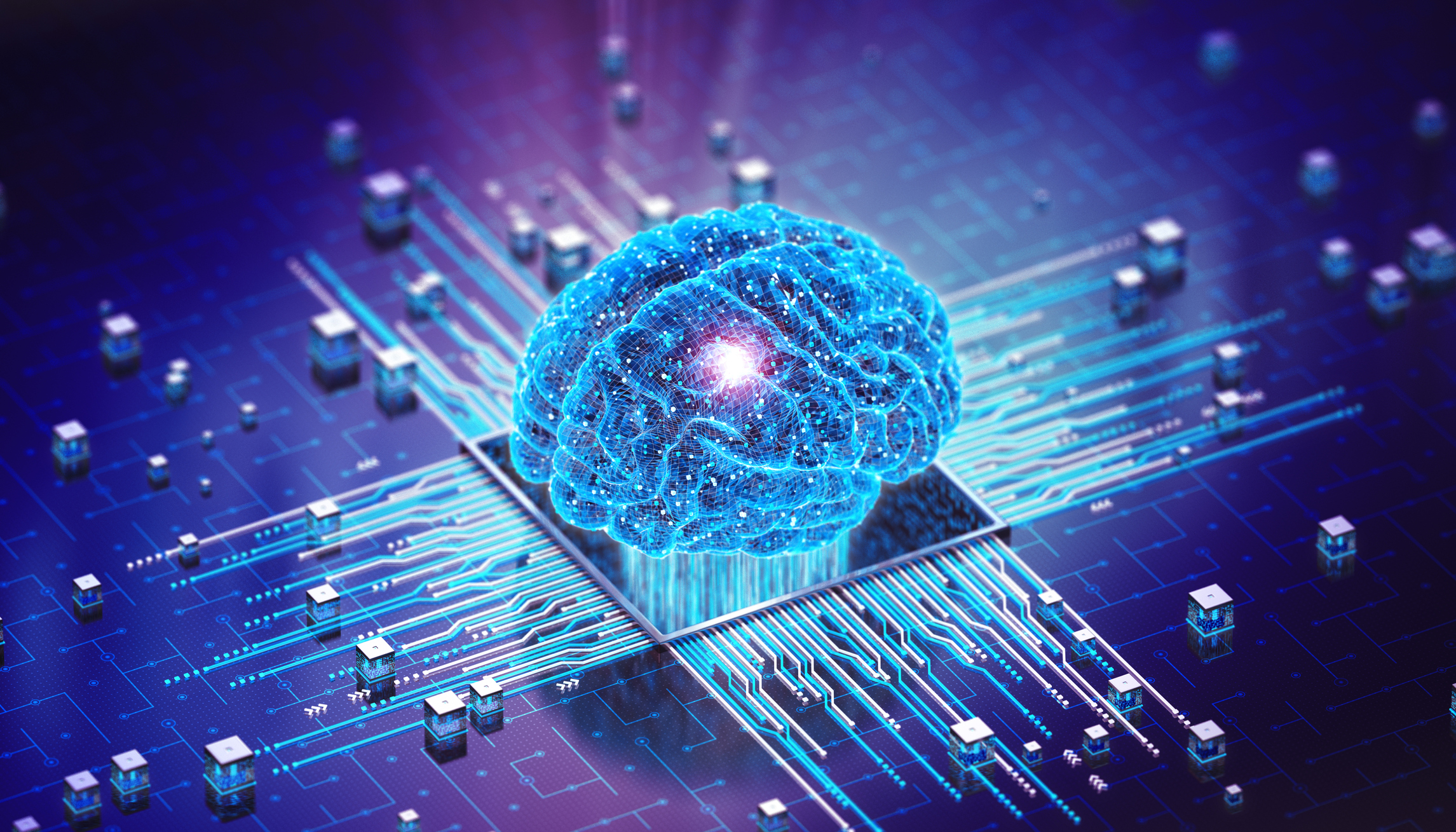Organizations are unprepared for massive AI energy demands
IT professionals are not confident their organization can meet the lofty AI energy demands


Most organizations lack the necessary infrastructure to cope with the performance and energy demands of artificial intelligence (AI) systems, according to new research from Pure Storage.
In a survey conducted with 500 IT decision makers at large companies in the US, UK, and Europe, the firm found businesses are “generally unprepared for the massive energy requirements and data demands of AI”.
The report shows demand for computing power is growing as a result of increasing AI adoption. Of the 88% of respondents who have implemented AI in their operations, 47% have had to double their computing power.
Furthermore, 73% of IT buyers stated they were not completely prepared for the high energy requirements of AI.
The changes necessitated by AI adoption do not stop at energy infrastructure, the study found. Nearly three-quarters (73%) of decision makers agreed implementing AI tools will require some data management upgrade of some kind.
Virtually all (96%) of respondents plan to update their IT infrastructure, including those that had already done so. The specific areas that required upgrading were: data management tools (48%), data management processes (46%), and data storage infrastructure (46%).
AI implementation will also have a considerable impact on organizations’ sustainability goals according to 89% of respondents.
Sign up today and you will receive a free copy of our Future Focus 2025 report - the leading guidance on AI, cybersecurity and other IT challenges as per 700+ senior executives
Of those respondents whose organization had already adopted AI technologies, or plans to in the next 12 months, 60% stated they invested or will invest in more energy-efficient hardware to meet ESG goals.
Getting the most out of AI
The results of Pure Storage’s findings correlate with those of a similar study carried out by colocation provider Telehouse in September 2023. Telehouse asked 250 IT decision makers across various UK industries how they expect digital infrastructure will change over the coming decade.
Nearly all respondents (89%) anticipated their organization will require high-density, high-performance computer systems in 2030.
Since conducting its 2020 study, Telehouse found that the number of IT professionals who see the integration of AI and analytics as their most significant challenge has grown from 23% to 33%.
Rob Lee, CTO at Pure Storage, explained the importance of a considered strategy to upgrade IT infrastructure for an era of AI development.
RELATED RESOURCE

Discover how watsonx.data can help your organization successfully scale analytics and AI workloads
DOWNLOAD NOW
“Planning for change and ensuring flexibility are key to navigating AI adoption. As power and data demands increase exponentially in the age of AI, investing in and deploying the right AI-ready data infrastructure is not only essential to effective deployment and energy efficiency, but to driving the most value out of AI projects," he said.
Today’s report offers important insights for IT leaders on both the consequences of failing to plan for the changes required to implement AI, as well as the benefits of being prepared for AI’s impact on infrastructure.”
Lee’s concern for investing in the “right AI-ready data infrastructure” is shared by other leading voices in the field, who argue that without this groundwork in place businesses will struggle to reap the benefits AI can bring.
Speaking to ITPro, IT consultant and CEO at ARP Ideas, Ambroży Rybicki, outlined why adequate data infrastructure is integral to harnessing the power of AI.
“Without a strong data architecture, AI will struggle to deliver value. Data infrastructure will be the bedrock upon which success of AI in a business is built. Without high-quality and well-organized data, AI will falter,” he said.
“Businesses that invest in their data infrastructure are not only setting the stage for AI success but also future-proofing themselves against data-related challenges.”

Solomon Klappholz is a former staff writer for ITPro and ChannelPro. He has experience writing about the technologies that facilitate industrial manufacturing, which led to him developing a particular interest in cybersecurity, IT regulation, industrial infrastructure applications, and machine learning.


